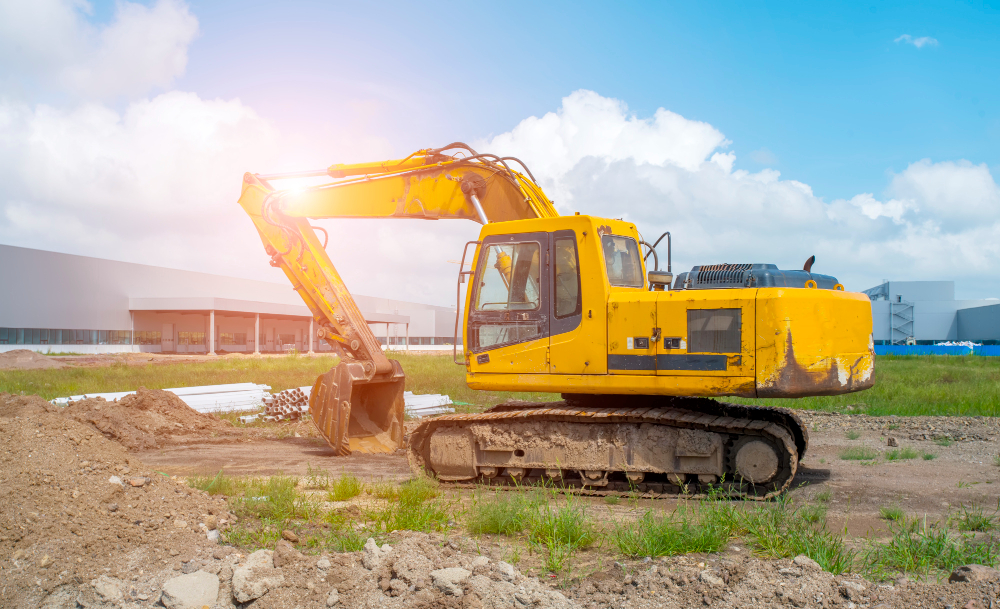
Okay, let¡¯s be honest¡ªstanding in front of a big project, staring at all that heavy work ahead, you¡¯ve probably thought: ¡°Should I just rent an excavator¡ or actually buy one?¡± Yeah, that question isn¡¯t as simple as it sounds. Excavators aren¡¯t like buying a toolbox or even a car¡ªthey¡¯re serious machines with serious costs. So, let¡¯s break it down.
The Case for Excavator Rental
First, towards rent. Excavator rent is like borrowing your friend's truck - you don't need it every day, but when you do, wow, it makes life easier.
- Lower Upfront Cost: Hiring means that you are not leaving six figures just out of the gate. You only pay for weeks or months that you really need it.
- Maintenance-free: The rental company keeps the excavator serviced, tuned, and ready. If something breaks, they usually replace it. That¡¯s a huge headache off your plate.
- Flexibility: Different jobs need different excavators. Small landscaping gig? Mini excavator. Major construction site? Big guy with power. Renting lets you match the machine to the project.
Think of it as the Netflix of construction gear¡ªyou get access when you need it, cancel when you don¡¯t.
The Case for Buying an Excavator
On the flip side, buying an excavator can feel like an investment in your business. If you¡¯re using one constantly, ownership starts to make sense.
- Always available: Your machine is ready whenever you are. No need to call a rental company or hope one¡¯s in stock.
- Long-term savings (sometimes): If you¡¯re using an excavator almost every day, those rental fees can add up fast. Buying spreads the cost out over time.
- Customization: Own it, and you can kit it out with attachments, upgrades, or specific modifications that suit your exact work style.
It¡¯s like owning a house instead of renting¡ªyou build equity (or in this case, resale value).
When Rental Is the Better Choice
Here¡¯s where excavator rental really shines:
- Short-term projects: No need to invest in equipment that¡¯ll sit around afterward.
- Budget-conscious jobs: Lower upfront costs keep cash flow healthier.
- Occasional use: If you only need an excavator a few times a year, renting is a no-brainer.
Oh, and let¡¯s not forget: no storage headaches. Owning means finding space for a giant machine when it¡¯s not working. Renting? You return it, wave goodbye, done.
When Buying Is the Better Choice
Now, buying wins in different scenarios:
- Heavy daily use: Contractors who need excavators on nearly every project save more in the long run by owning.
- Large-scale operations: If your company runs multiple job sites, having dedicated equipment is more efficient.
- Financing options: Sometimes loans or leasing make buying easier to handle without destroying your budget.
Plus, let¡¯s be honest, there¡¯s something about saying, ¡°That excavator? Yeah, it¡¯s mine.¡± It just feels good.
Quick Side Thought on Hidden Costs
Here¡¯s the sneaky part¡ªbuying comes with hidden costs: insurance, repairs, storage, fuel, inspections. Excavator rental, on the other hand, usually rolls those headaches into the rental fee. Sure, you¡¯ll still cover fuel, but at least you¡¯re not paying for a surprise $10,000 repair bill.
Buying can be worth it¡ªbut you need to run the math carefully.
Real-Life Example
Let¡¯s say you¡¯re a small contractor taking on five big projects this year. Renting an excavator for each project might cost you around $20,000 total. Buying a decent excavator could be $100,000+. Unless you¡¯ve got steady projects lined up for years, renting is the clear winner.
But if you¡¯re running crews year-round, owning pays itself off after a couple of seasons.
So¡ Which Is Better?
Well, here¡¯s the truth: it depends. (I know, classic answer.) Excavator rental is better if you value flexibility, low upfront costs, and zero maintenance stress. Buying works best if you¡¯re running a heavy-duty business with constant demand.
At the end of the day, it¡¯s about balancing your budget, your workload, and your long-term goals.
The Bottom Line
The excavating fare and their allowances to buy both. If you only take a dip in construction projects, then the rent is like testing water - there is no major commitment, just the result. But if you are all in, then in a back-to-back line with job sites, shopping can be smart investment.
So the next time you stand there, look at the dirt (or concrete, or debris) of that mountain, just remember: whether you rented or buy, the real goal is working - on time, on time, on the budget, and hopefully without a lot of coffee breaks.
















